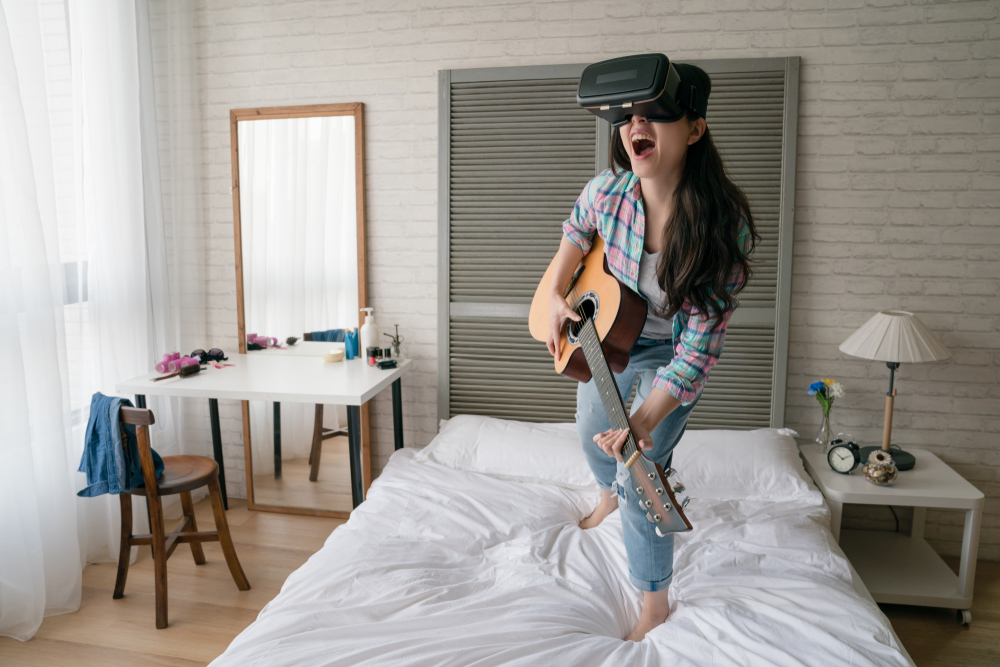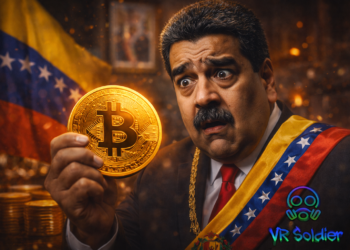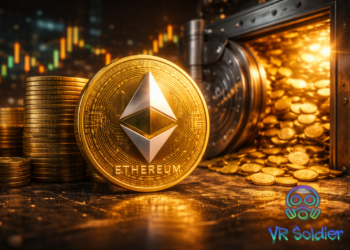On paper, one would expect virtual reality and music to come together in a meaningful manner. In the real world, however, that correlation is far less apparent at this time. Identifying the key business case for VR in the music industry has proven to be challenging first and foremost. To date, the search is still ongoing.
Music and VR can be Mutually Beneficial
It has become more than apparent virtual reality needs real-world use cases first and foremost. As such, exploring options in the music industry would be a logical outcome Considering how music and technology have come together in many different ways over the years, it is only normal more developments will pop up over the years.
So far, it seems the impact of virtual reality on the music industry has been neglectable. It has proven challenging to properly monetize VR and music content individually. Additionally, there doesn’t appear to be any added value when adding a VR angle to music, as most people listen to it rather than “seeing” it. For concerts, this experience is a bit different, of course.
There is also some opposition from within the music industry itself. Many experts see a problem in terms of oversupply of content. Additionally, the financial incentives – let alone returns on investments – for VR-related offerings are slim to none. That doesn’t mean no options are being explored, but there will be no game-changing aspects to speak of in the near future.
As such, the future of music and virtual reality remains rather unclear. It is difficult to find the right mix. Virtual reality is immersive, which is a trait one can also associate with music. As such, a deeper connection between both industries will need to be explored first and foremost. Leave that to some of the up-and-coming VR startups around the world. Original concepts will be created sooner rather than later.
If you liked this article make sure to follow us on twitter @thevrsoldier and subscribe to our newsletter to stay up to date with the latest VR trends and news.












